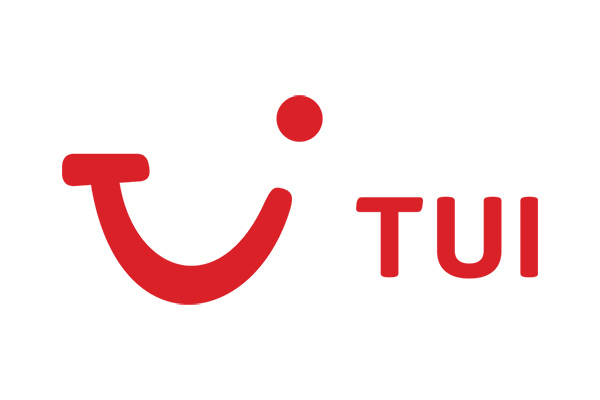Tui defies seasonal lull despite ‘persistently challenging environment’
 James Chapple
James ChappleTui Group has recorded positive earnings during the typically quiet final three months of the year for the first time despite what it characterised as a "persistently challenging" operating environment, while signalling the "positive booking momentum" for the rest of the winter and summer 2024 was continuing into the new year.
In a first-quarter (three months to 31 December 2023) trading update issued on Tuesday (13 February), Tui posted quarterly underlying earnings before tax and interest of €6 million – the first Q1 positive since the merger of Tui AG and Tui Travel plc in October 2014. This compared with a loss of €153 million during the same period last year.
Almost all of Tui’s core segments recorded improved Q1 performance with only its western region failing to keep pace at the start of its 2023/24 full-year, contributing to a 15% year-on-year increase in group revenue, up from €3.75 billion to €4.3 billion.
Tui’s northern region, which includes the UK, Ireland and Nordics, was the strongest performer, making a quarterly loss before interest and tax of €51.7 million, up from a loss of €125.7 million – an improvement of nearly 60%.
Forward bookings across all of Tui’s key markets "continue to be well ahead" of last year, led by the UK where bookings for the winter season are running at 84% – 10% ahead of the outlook at the same time last year. Tui is 41% sold for summer 2024 in the UK, with bookings running 3% ahead of last year at this stage.
The group, though, said it stood ready to shift capacity out of eastern areas of the Mediterranean and move it west should there be any significant "further escalation" of the crisis in the Middle East.
Some 3.5 million people travelled with Tui during Q1, an increase of 6% year-on-year, on a load factor of 87%, one percentage point higher than Q1 2022/23. Tui put the positive outlook down to "high willingness to travel" combined with "higher prices and rates".
"We remain on course," said Tui chief executive Sebastian Ebel. "People’s willingness to travel is still high, despite a market environment that remains challenging. We are thus creating the basis for Tui’s future profitable growth."
Ebel added the results would strengthen the group’s confidence in its outlook for the full year, in which it is aiming to increase revenue by 10% and operational earnings by "at least" 25%.
The strongest improvement came from Tui’s holiday experiences segment, which recorded first-quarter earnings of €114.5 million – almost double the €58.3 million it made during the same quarter the previous year.
Earnings from its hotels and resorts segment increased by a quarter from €71.6 million to €90.7 million, with hotel occupancy up three percentage points year-on-year during the quarter to 78% and average bed rates up 4.9% to €90.
Cruising, meanwhile, earned Tui €34.5 million, driven by "higher capacities and significantly higher rates", with the latter up by 17% year-on-year from €175 to €204. The result was achieved despite a decrease in passenger days from 2.379 million a year earlier to 2.336 million.
Looking ahead, Tui has seen an 8% year-on-year increase in bookings both for the remainder of winter 2023/24 and the 2024 summer season. As of 4 February, combined bookings for the winter and summer totalled 9.4 million, up from 8.7 million a year earlier.
Average pricing for winter is running 4% ahead of last year, driven – as usual – by short- and medium-haul winter sun destinations such as the Canary Islands, Egypt and Cape Verde. Average pricing for summer is also up 4%, with demand for "all key" short- and medium-haul destinations – led by Spain, Greece and Turkey – up year-on-year.
Tui said that while the "positive booking momentum" for winter and summer was continuing, its outlook for the rest of the year was based on its current assessment of ongoing macro-economic and geo-political uncertainties, notably the situation in the Middle East.
"We continue to monitor developments both in the Middle East and around the Arabian peninsula," said Tui. "We will retain the option to flexibly adjust capacity from the eastern to western Mediterranean should there be a further escalation of the conflict in this region which has a significant and prolonged effect on customer demand."
Sign up for weekday travel news and analysis straight to your inbox
Supplier Directory
Find contacts for 260+ travel suppliers. Type name, company or destination.
















